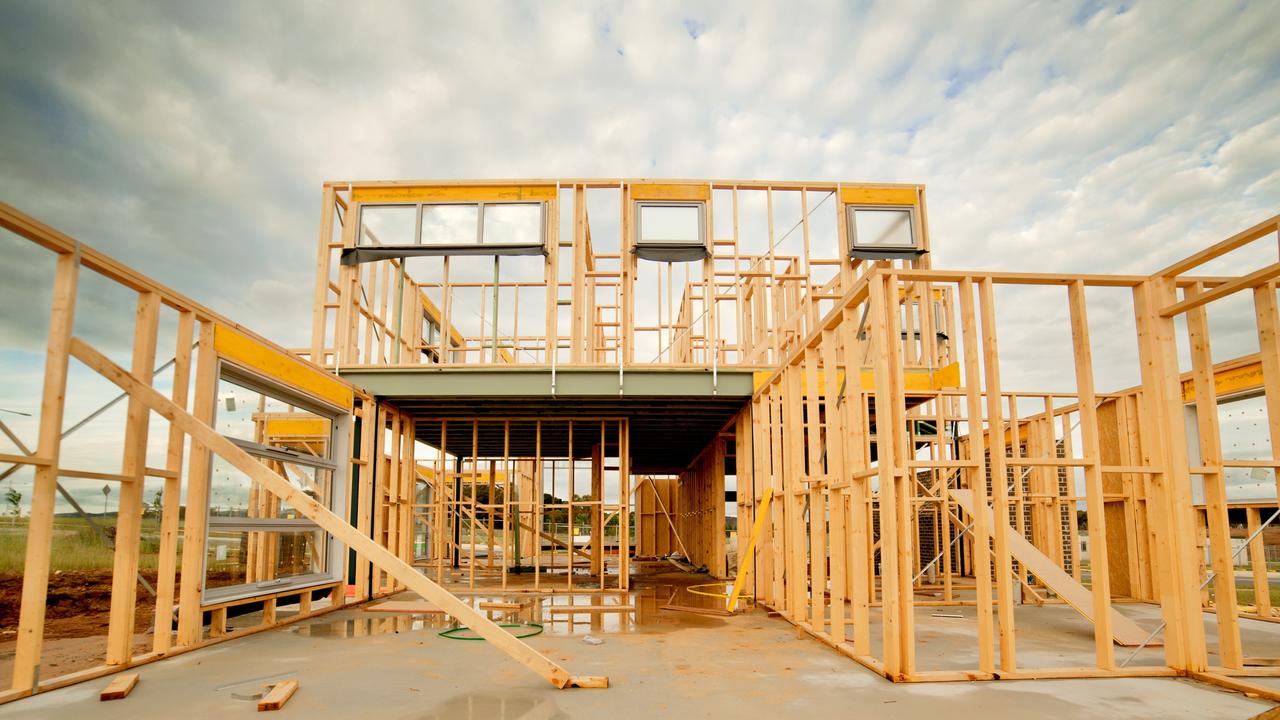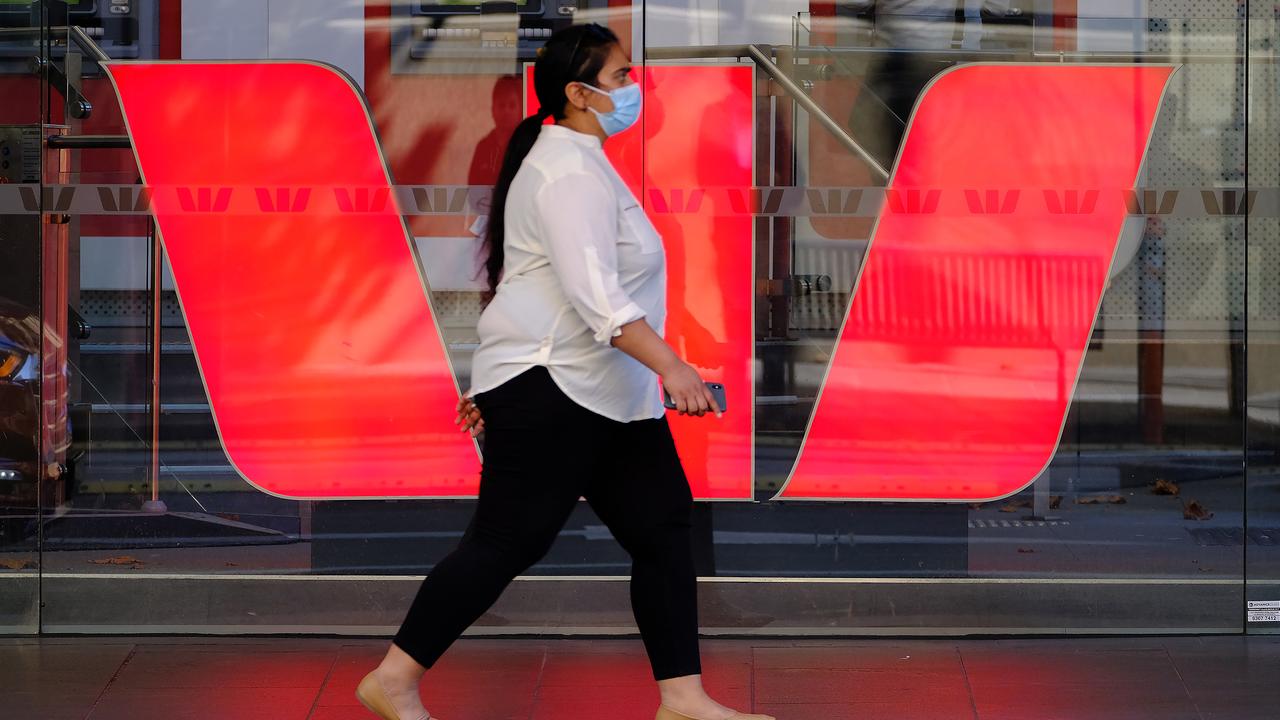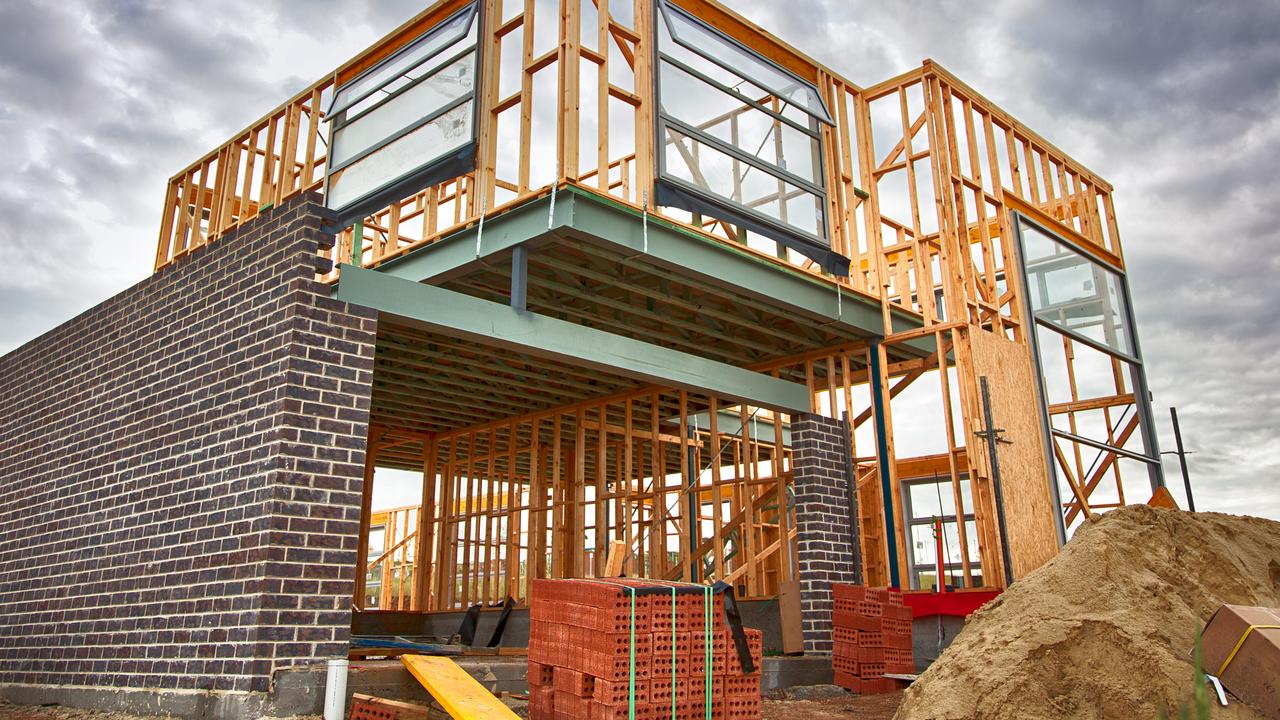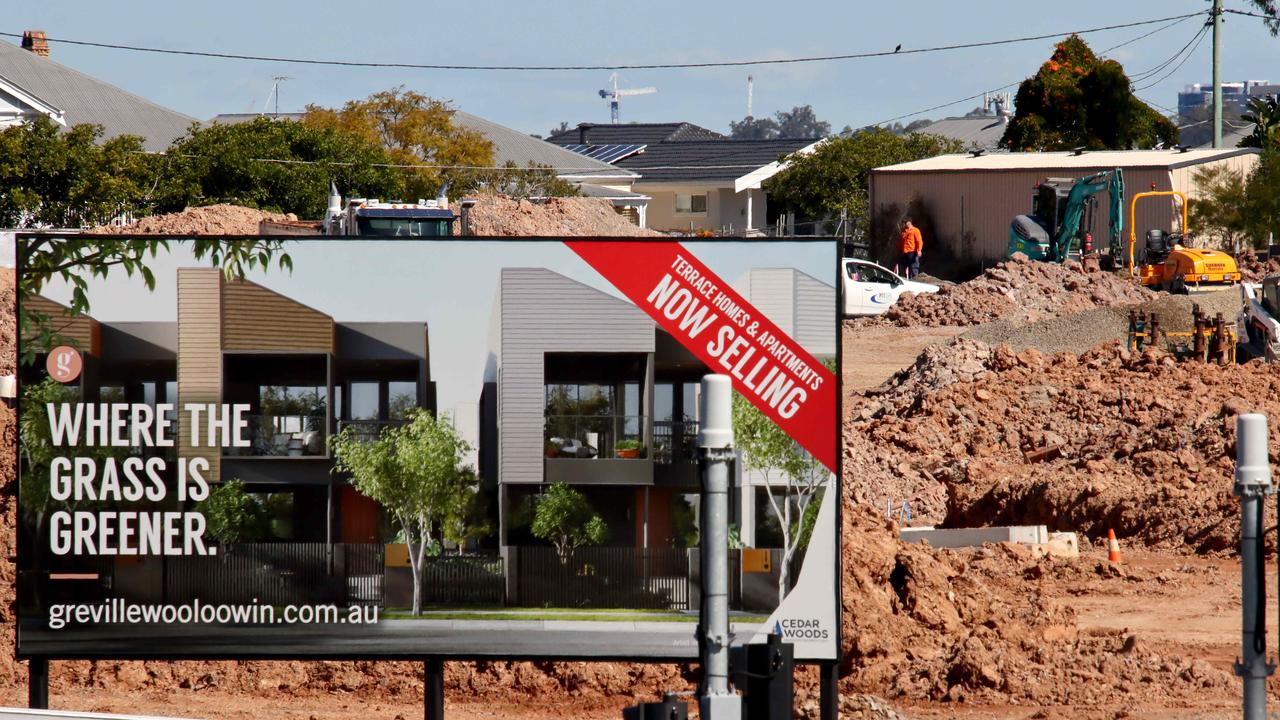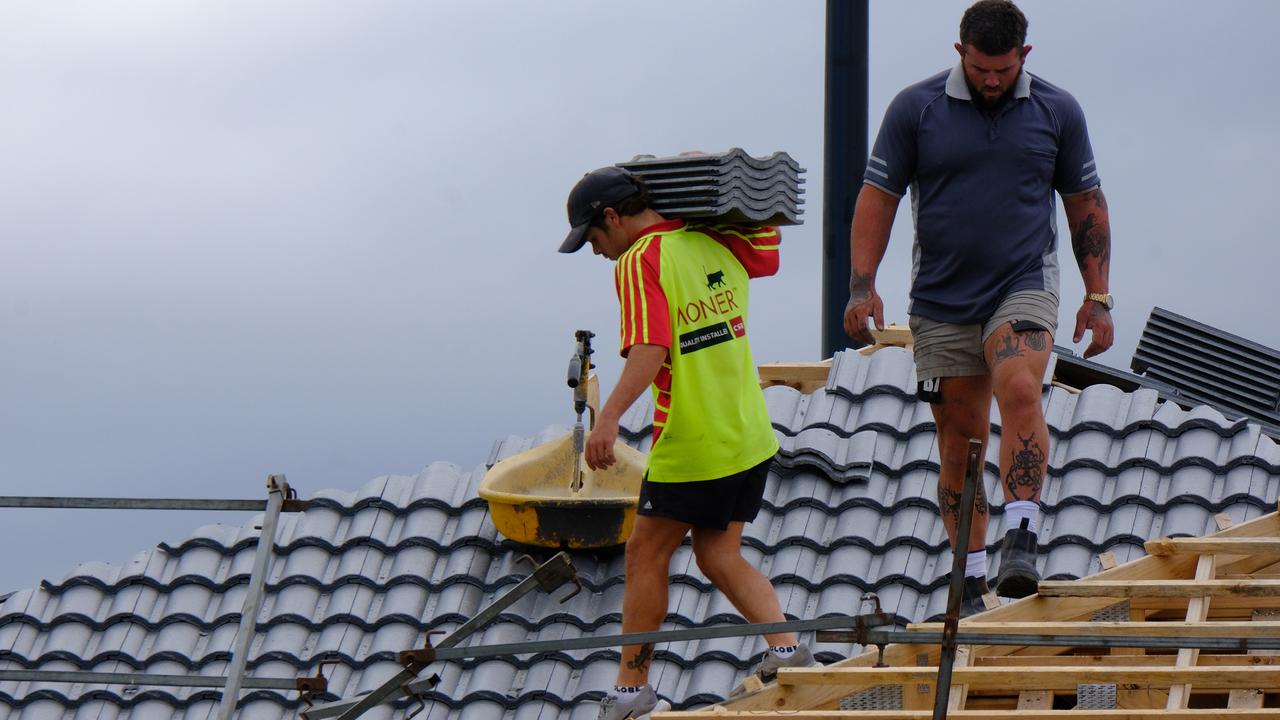One of Australia’s biggest building bosses has issued a sober warning about the state of the construction industry with expectations many more businesses will collapse in coming months.
The chairman of Queensland construction company Hutchinson Builders, Scott Hutchinson, put it bluntly.
“I bet more builders go broke in Australia,” he told Australian Financial Review.
Mr Hutchinson blamed the way Australia’s construction system worked, with most of the onus placed on the builders themselves rather than developers.
He explained how developers tried to attract customers to their projects with competitive deals with little understanding of the very tight margins that builders had to fulfill to turn a profit.
Construction companies mostly have to oblige these developers as there is no shortage of builders but there are limited projects out there, Mr Hutchinson said.
Developers also can take on clients with very little financial stake while builders bore the brunt of the risk.
They [builders] will roll the dice with their fingers crossed every day of the week,” he said.
There’s no denying it, Australia’s building industry is in crisis; many companies have gone into liquidation so far this year amid rising costs for construction materials but also being stuck in fixed contracts, driving them out of business.
Two months ago, news.com.au spoke to Russ Stephens, co-founder of the Association of Professional Builders (APB), who warned that the industry was in dire straits with as much as 80 per cent of building firms haemorrhaging money.
More than half of the estimated 12,000 construction companies in the country are reportedly trading at a loss, with many on the brink of collapse.
And those who work in the industry are having regular mental breakdowns and crying to colleagues and family members as the pressure to survive mounts.
“[Building firms are] losing huge amounts of money,” Mr Stephens said.
“Eighty per cent of builders in Australia have lost money in the last 12 months. That’s horrific,” he said.
He said around 50 per cent of building companies wouldn’t be able to pay back all their debts at once if creditors asked for their money back at the same time.
“About 25 to 30 per cent [of these companies] can’t pay their bills on time,” he said.
An industry insider told news.com.au earlier this year that half of Australia’s building companies are on the brink of collapse as they trade insolvent.
Overall, the construction industry has been plagued with a spate of collapses caused by a perfect storm of supply chain disruptions, skilled labor shortages, skyrocketing costs of materials and logistics, and extreme weather events.
Earlier this year, two major Australian construction companies, Gold Coast-based Condev and industry giant Probuild, went into liquidation.
Victorian construction companies in particular have been hit hard.
Two building companies from Victoria were casualties of the crisis having gone into liquidation at the end of June, with one homeowner having forked out $300,000 for a now half-built house.
Then there have been smaller operators like Hotondo Homes Horsham, which was also based in Victoria and a franchisee of a national construction firm – which collapsed earlier this month affecting 11 homeowners with $1.2 million in outstanding debt.
It is the second Hotondo Homes franchisee to go under this year, with its Hobart branch collapsing in January owing $1.3 million to creditors, according to a report from liquidator Revive Financial.
Snowdon Developments was ordered into liquidation by the Supreme Court with 52 staff members, 550 homes and more than 250 creditors owed just under $18 million, although it was partially bought out less than 24 hours after going bust.
Others joined the list too including Inside Out Construction, Solido Builders, Waterford Homes, Affordable Modular Homes and Statement Builders.
The most recent collapse was NSW building company Willoughby Homes, which went into voluntary administration last week, leaving 44 homes in limbo.
News.com.au also raised questions about Sydney-based Ajit Constructions on Thursday after the builder hadn’t commenced construction for months, cleared up its offices without telling customers where it was going and disconnected its phone line.
There are between 10,000 to 12,000 residential building companies in Australia undertaking new homes or large renovation projects, a figure estimated by the APB.
A healthy construction industry is vital to a strong economy and ongoing growth, with the sector accounting for the employment of almost 9 per cent of Australian workers and 7.5 per cent of Australia’s GDP, according to CreditorWatch.
– with Sarah Sharples
.
